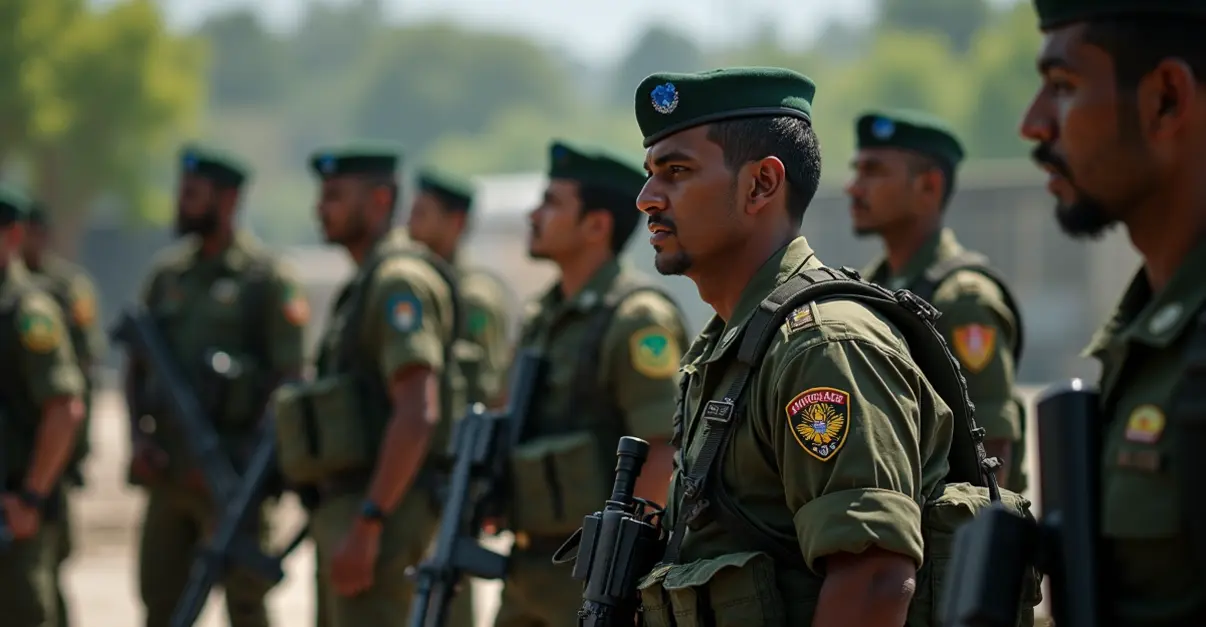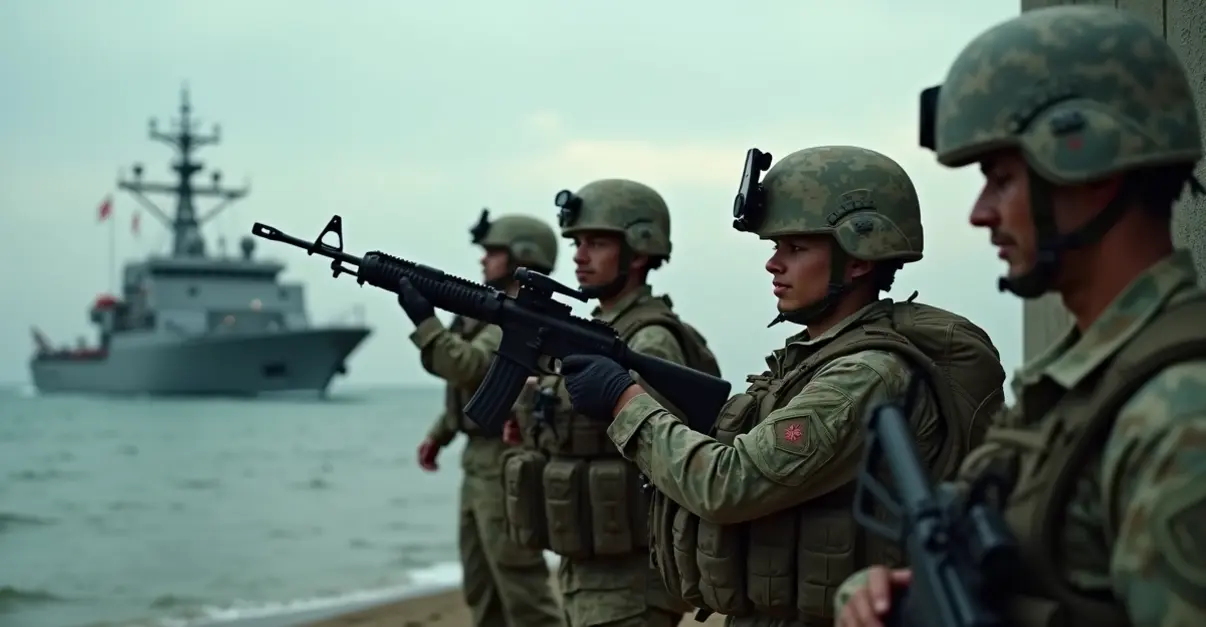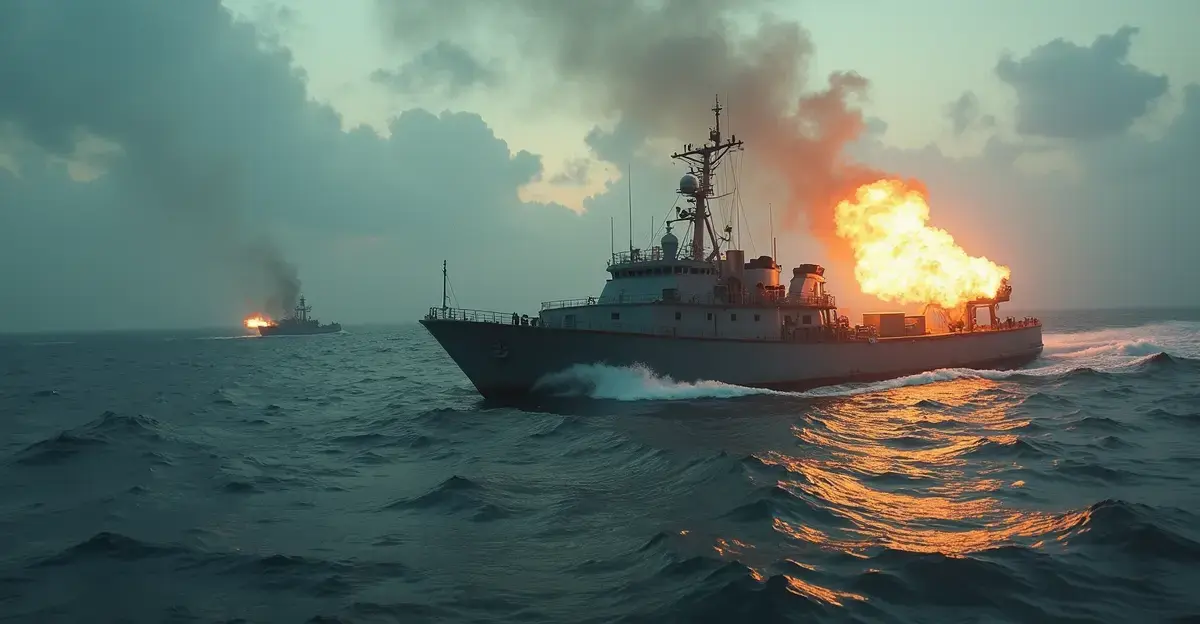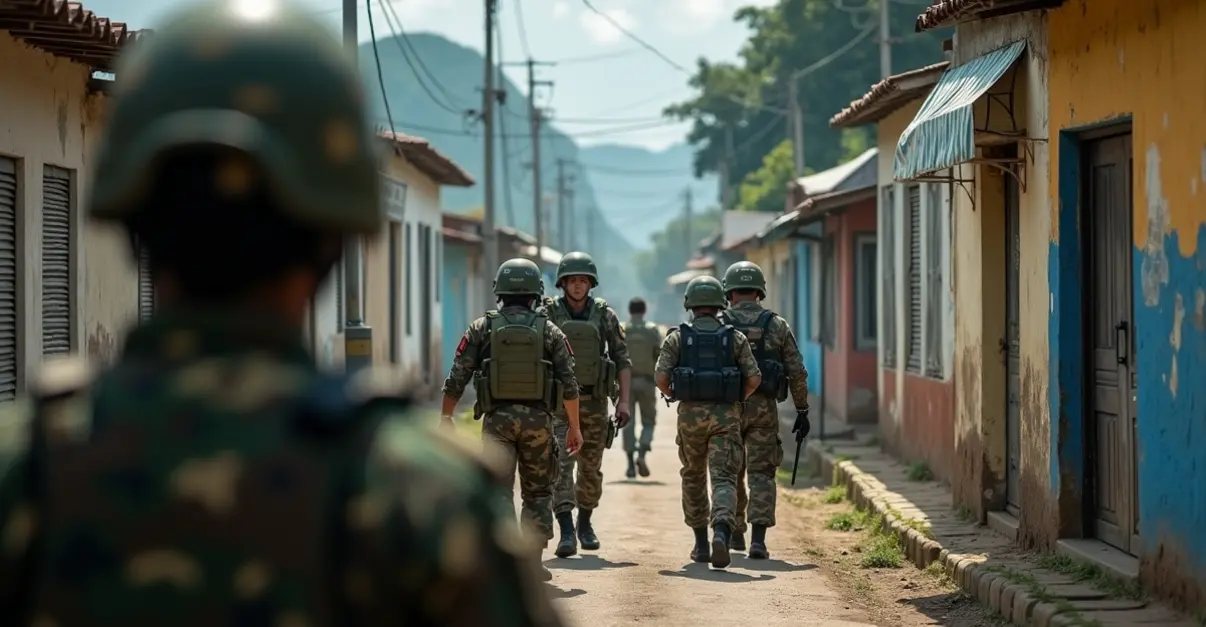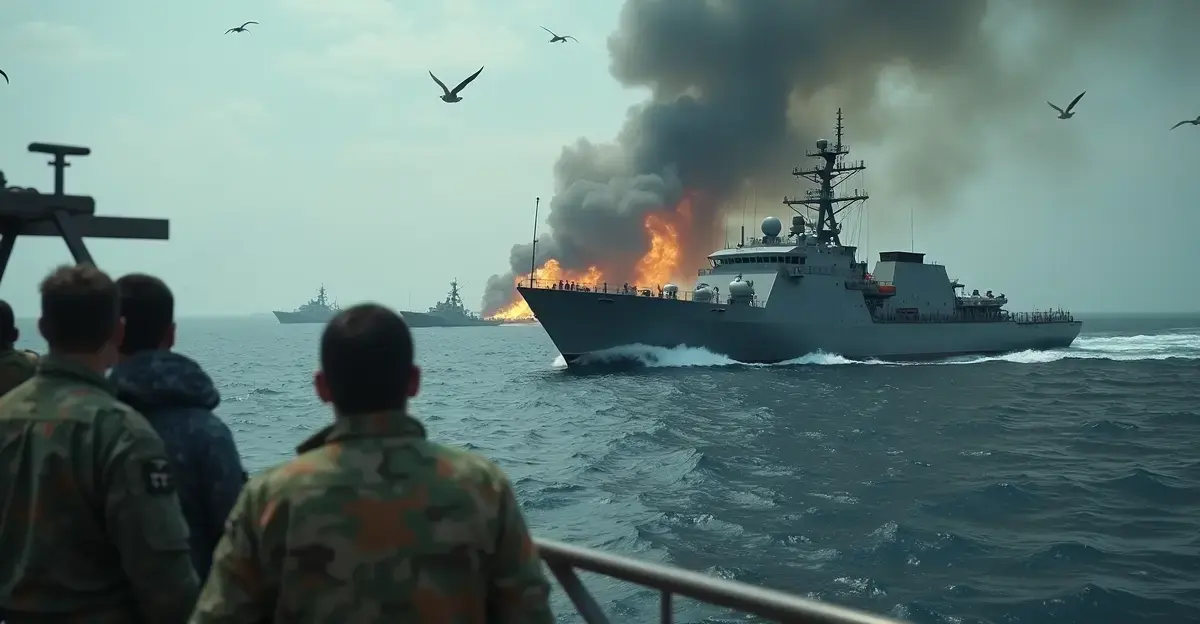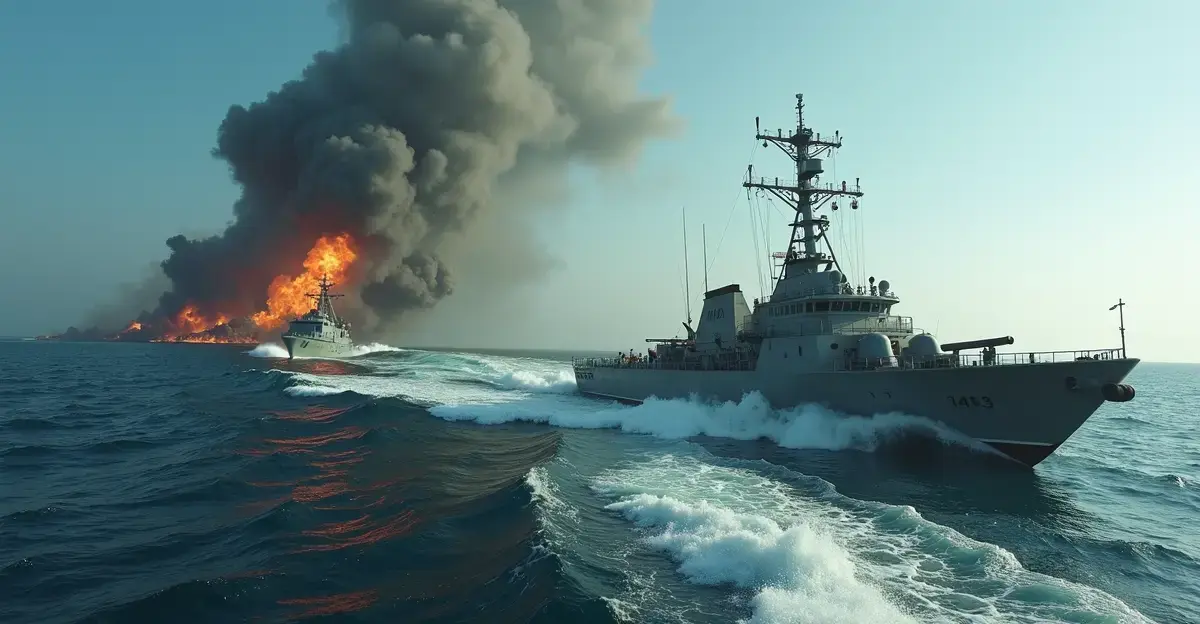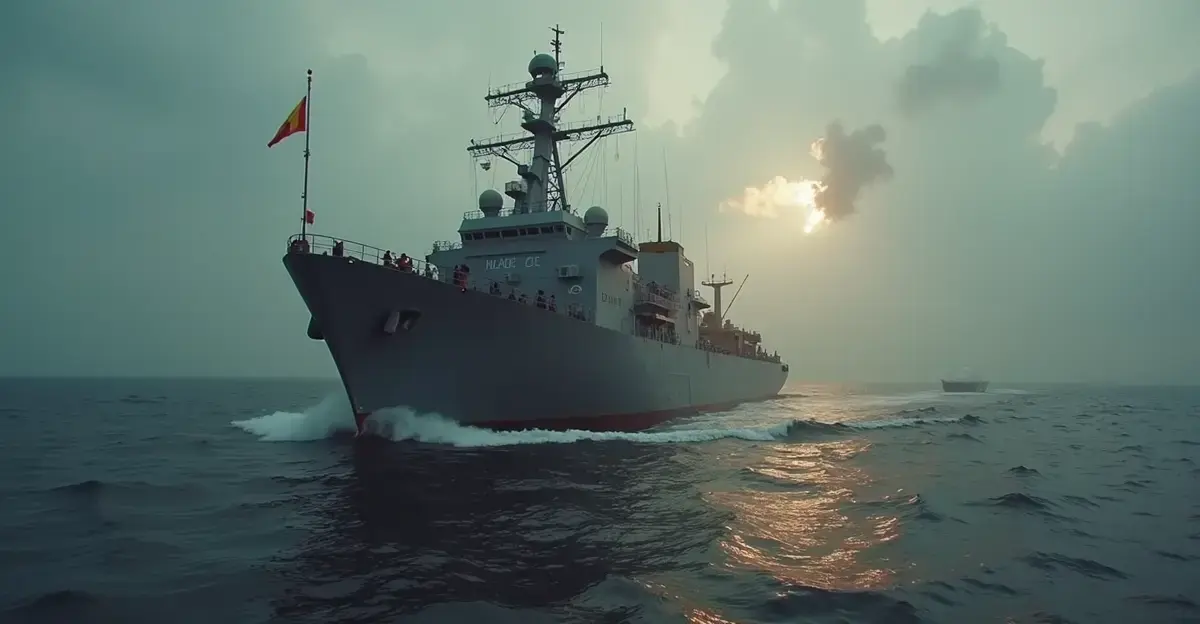US Military Escalates Caribbean Drug War
In a significant escalation of its counter-narcotics operations, the United States has announced it will repatriate two survivors of a recent military strike on a suspected drug-smuggling vessel to their home countries of Ecuador and Colombia for prosecution. The announcement came directly from President Donald Trump via his Truth Social platform, where he described the attack as targeting a submarine loaded with fentanyl and other illegal narcotics.
Growing Death Toll in Caribbean Operations
The Thursday strike marks at least the sixth such military action since early September, bringing the total death toll from US operations against vessels in the region to at least 29 people. According to Trump's statement, four individuals were aboard the targeted vessel, with two killed in the attack and two survivors now facing extradition. "It was my great honor to destroy a very large submarine that was transporting drugs," Trump wrote, characterizing those aboard as "terrorists."
Legal Questions Surround Military Actions
The administration's aggressive approach has raised serious legal questions among international law experts. Legal analysts question whether the US has proper authority for these strikes under international law. "The administration appears to be relying solely on Article II of the Constitution as domestic legal authority, bypassing congressional authorization," noted one legal expert familiar with the situation.
Venezuela Responds with UN Complaint
The escalating military actions have prompted a strong response from Venezuela, which has filed a formal complaint with the UN Security Council. Venezuela is seeking international condemnation of what it views as illegal military strikes. Venezuelan President Nicolás Maduro has mobilized millions of militia members in response to what he calls provocative actions aimed at regime change.
Regional Tensions Mount
The situation has created significant regional tensions, with the US embassy in Trinidad and Tobago warning American citizens to avoid government buildings on the island. Local authorities in Trinidad report two missing fishermen who may have been casualties of recent US military actions. The UN has expressed concern about the escalating situation, with Assistant Secretary-General Miroslav Jenča warning that the operations have heightened regional tensions significantly.
Strategic Shift in Drug Enforcement
The Trump administration's approach represents a dramatic shift from traditional maritime counter-narcotics operations. Historically, the US Coast Guard has emphasized warning shots, disabling fire, boarding, and arrest through bilateral agreements. The current military strikes mark a departure toward more lethal enforcement methods. The administration justifies this approach by designating criminal organizations like Tren de Aragua as Foreign Terrorist Organizations, though legal experts debate whether this designation provides adequate authority for military action.
As the situation continues to develop, the international community watches closely to see how this new approach to drug interdiction will affect regional stability and international law precedents.

 Nederlands
Nederlands
 English
English
 Deutsch
Deutsch
 Français
Français
 Español
Español
 Português
Português
